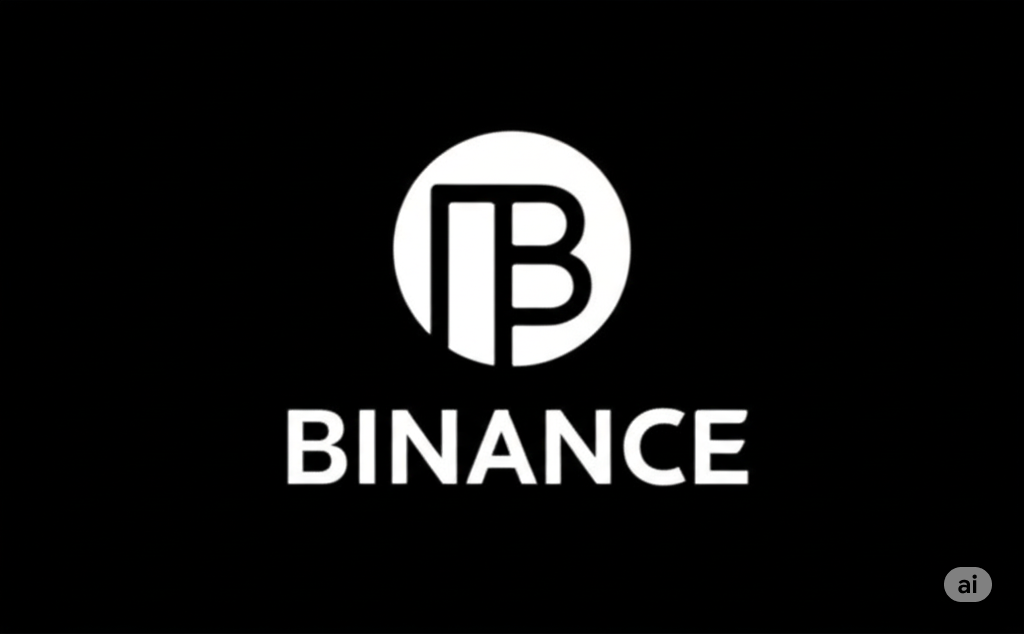courts in India with crypto symbols and blockchain imagery, scales of justice
India’s tryst with cryptocurrency has been anything but smooth, marked by regulatory uncertainty and, consequently, a growing number of legal cases. From outright bans to the current framework of taxation, the evolution of crypto regulation has created a complex legal landscape that both investors and businesses are grappling with. This blog delves into some key aspects of the ongoing crypto legal battles in India.
The RBI Ban and its Aftermath 🚫➡️✅
The Reserve Bank of India’s (RBI) 2018 ban on banks dealing with cryptocurrency entities triggered a significant legal challenge. The Internet and Mobile Association of India (IAMAI) filed a writ petition arguing that the ban was unconstitutional. In a landmark judgment in March 2020, the Supreme Court of India struck down the RBI’s circular, providing much-needed relief to the crypto community. The court held that the RBI’s blanket ban was disproportionate.
However, this victory was short-lived in terms of regulatory clarity. While the ban was lifted, the government continued to express concerns about the risks associated with cryptocurrencies.
Taxation and the Ongoing Debates 💸
The introduction of a 30% tax on income from virtual digital assets (VDAs), including cryptocurrencies and NFTs, in the 2022 budget, along with a 1% TDS (Tax Deducted at Source) on transactions above a certain threshold, has led to new legal questions.
- Classification of VDAs: Are cryptocurrencies currencies or assets? The tax framework treats them as assets, but this classification has implications for other legal aspects.
- Taxation of losses: The inability to offset losses from one VDA with gains from another has been a point of contention and could potentially lead to legal challenges.
- TDS complexities: The implementation of TDS has created operational challenges for exchanges and traders, potentially leading to disputes and legal interpretations.
Enforcement and Investor Protection 🤔
With the increasing popularity of cryptocurrencies, cases of fraud and scams have also risen. Ensuring investor protection and effectively prosecuting offenders in the crypto space presents unique legal challenges due to the decentralized and often anonymous nature of these assets.
- Jurisdictional issues: Determining jurisdiction in cases involving cross-border crypto transactions and scams is complex.
- Evidence and traceability: Tracing and securing evidence in blockchain-based transactions requires specialized technical expertise and legal frameworks.
- Lack of specific crypto legislation: The absence of a comprehensive law specifically addressing cryptocurrencies leaves room for ambiguity in enforcement.
The Path Forward 🛤️
The legal landscape for cryptocurrencies in India is still evolving. While the lifting of the RBI ban was a significant step, the subsequent taxation framework and the ongoing challenges in enforcement indicate that more clarity is needed. Potential future legal battles could revolve around the classification of VDAs, the fairness of the taxation regime, and the effectiveness of measures to protect investors and prevent illicit activities.
The government has indicated its intention to bring in comprehensive legislation on cryptocurrencies. Until then, the courts will continue to play a crucial role in interpreting the existing laws and shaping the legal framework for this burgeoning digital asset class. Investors and businesses operating in the Indian crypto space must stay informed about these legal developments to navigate the regulatory maze effectively.












Leave a Reply